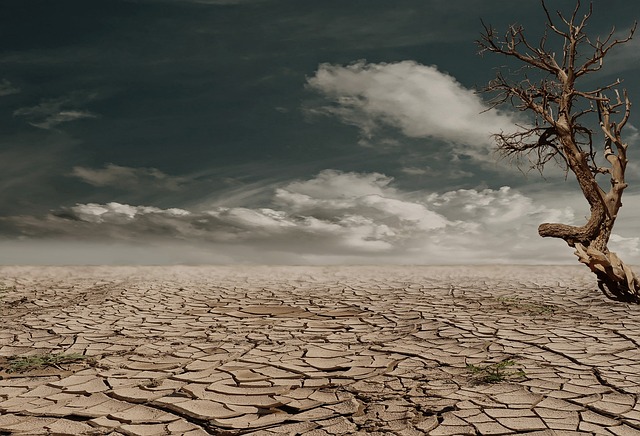Desertification is an issue that resonates deeply, particularly as we witness its escalating effects across the globe, punctuated by the complexities of politics. The interplay between politics and environmental degradation brings to light the significant role governance plays in both exacerbating and mitigating this pressing crisis of our time.
In many regions, political decisions directly impact land use, agricultural practices, and resource management, which are all pivotal in either halting or accelerating desertification. For instance, policies that prioritize short-term economic gain over sustainable practices often result in over-exploitation of land and natural resources. This short-sightedness can lead to irreversible damage to ecosystems. In contrast, sound political strategies can foster environmental restoration and sustainable land management, thereby helping communities adapt and thrive even in arid conditions.
Climate change, another pivotal player in the desertification narrative, is intrinsically linked to politics. International treaties like the Paris Agreement aim to unify countries to combat climate change, yet political will varies greatly. In some nations, political leaders may downplay the risks associated with climate change, affecting funding for essential programs designed to combat desertification. When political priorities do not align with environmental concerns, the ramifications can be dire, as land becomes increasingly uninhabitable and food insecurity rises.
Furthermore, the socio-economic context of desertification cannot be separated from political discourse. Marginalized communities often bear the brunt of desertification. Political neglect can exacerbate their struggles, pushing them toward unsustainable practices as they fight for survival. In such scenarios, empowering local communities through inclusive policies becomes crucial. Politics that favor grassroots participation can lead to community-driven solutions that are more effective in combating both desertification and climate change.
Moreover, international political dynamics shape how countries respond to desertification. Global cooperation is vital, as desertification is not confined by borders—its effects ripple across nations. Political disputes and lack of collaboration can hinder collective efforts to combat this environmental crisis. It is essential for countries to set aside differences and unite their resources and knowledge to effectively address the shared threat of desertification, paving the way for collaborative environmental governance.
In essence, the nexus of politics and desertification demands our attention as we navigate the complex realities of climate change. As individuals, communities, and policymakers, we must advocate for a political framework that recognizes the environment as a key player—not merely a backdrop—to economic progress. By fostering an environment where political decisions align with ecological sustainability, we can begin to turn the tide on desertification and create a more resilient future for generations to come.



